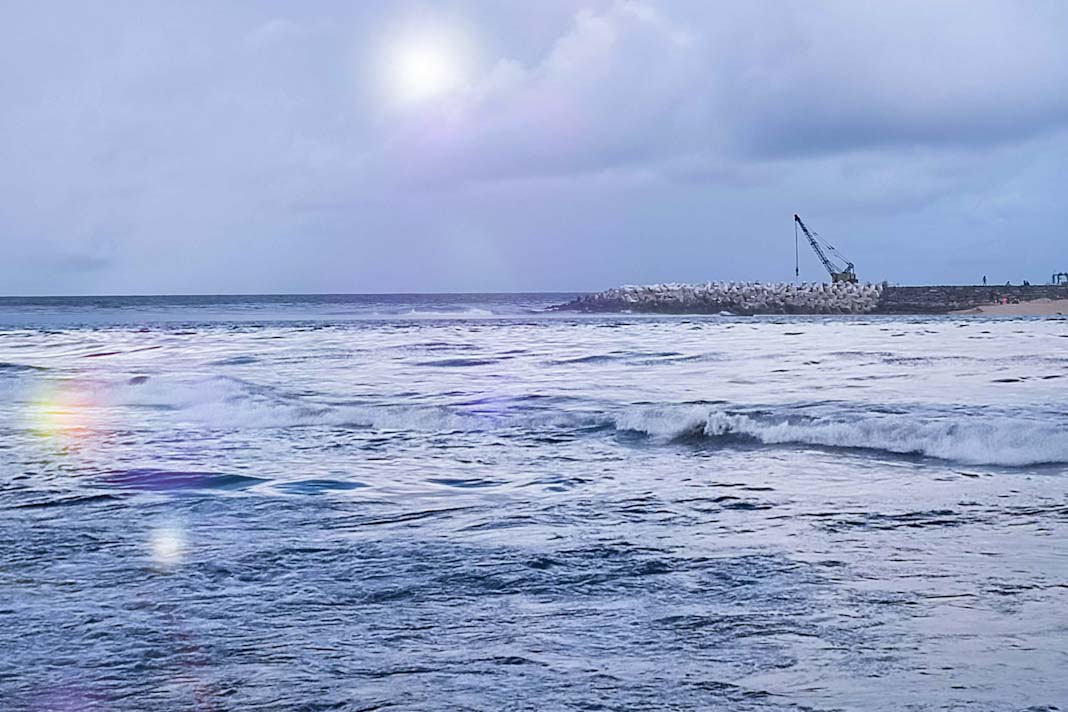- In an era of rapid change within maritime operations, the convergence of technology with personalized learning is ushering in a transformative phase.
- Valentinos Steliou, Innovation Director at Mintra, highlights the shift from viewing seafarer training as a mere legal requirement to recognizing it as a strategic advantage for the maritime sector.
- The trends shaping this evolution, emphasizing the importance of a holistic approach that blends innovative training methods with new technologies.
Digital Training’s Evolution Beyond the Pandemic
The digital training adopted during the pandemic served immediate needs but requires a forward-thinking approach for post-pandemic success. Steliou envisions an interconnected training ecosystem leveraging immersive online learning, cloud-based remote simulation, and virtual/augmented reality. Collaboration among industry stakeholders is crucial, presenting an opportunity to create a maritime learning ecosystem that provides seafarers access to training anytime, anywhere.
Smart Technologies and Adaptive Learning
The transformative impact of smart and adaptive learning technologies, coupled with the expertise of industry professionals promises increased efficiency, safety consciousness, and environmental awareness among seafarers. Connectivity is identified as a key factor for the thriving of this ecosystem, emphasizing the need for an open architecture that facilitates contributions from various industry stakeholders.
Integration of Cutting-edge Technology in Hiring and Learning
An emerging trend in maritime hiring is the integration of cutting-edge technology, such as digital wallets fortified by blockchain, facilitating seamless sharing of verified credentials among seafarers. The introduction of AI-infused Learning Experience Platforms (LXPs) represents a pivotal shift toward lifelong learning in the maritime industry. These platforms, powered by artificial intelligence, tailor educational experiences to individual seafarers, aligning with organizational goals and preparing them for industry changes.
Transformation in Training Methods
This notable transformation in training methods, specifically the shift from conventional classroom instruction to embracing digital training fully. Virtual Reality (VR) technologies, offering immersive and experiential approaches, are revolutionizing seafaring skills and safety. The integration of extended reality into maritime training is expected to enhance the learning experience, producing highly competent and adaptable seafarers.
Data-driven Crew Management
Crew data analytics, enhanced by AI, plays a pivotal role in transforming crew management into a strategic business resource. The approach involves collecting and applying data to improve critical talent and business outcomes. Crew managers can make informed decisions, optimize training programs, identify high-potential individuals, and align learning strategies with organizational objectives. This data-driven approach enhances the overall effectiveness of crew management.
Digitization for Career Planning and Continuous Learning
In the realm of digitization, the ability to offer bite-sized modules, real-life scenarios, and exercises within extended reality environments is bridging the gap between theoretical knowledge and practical skills. This hands-on approach enriches the learning journey, provides readiness for real-world situations, and fosters a culture of continuous learning and development. It enhances crew experience, loyalty, and work ethic, allowing seafarers to align their career ambitions with a company’s objectives.
Did you subscribe to our daily Newsletter?
It’s Free! Click here to Subscribe
Source: Safety4seas

























